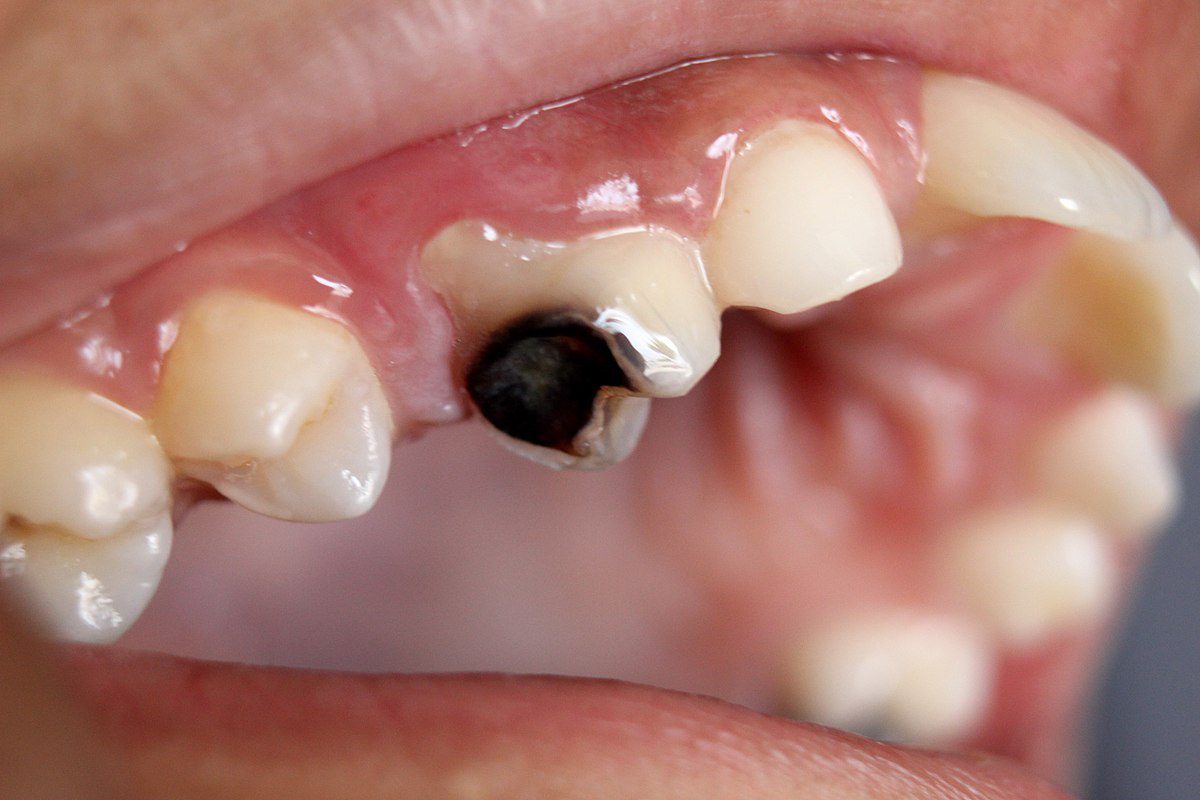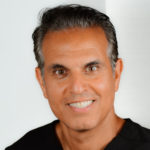
Mold exposure in homes can be a costly and dangerous situation, particularly when toxic black mold appears. The symptoms and health effects of black mold exposure and black mold poisoning are endless, covering a wide range of health issues. Identifying the indications of black mold can keep you and your home safe.
Many people are aware of the effects black mold can have on our upper respiratory system, such as coughing or sneezing; however, many people do not know that black mold can also affect our oral health. Here at Advanced Periodontics & Implant Dentistry, our first priority is the comfort and overall health of every individual patient. That is why we would would like to help educate you on black mold in homes and the effects it has on health.
Black Mold – Is Your Home At Risk?
Growths of mold can be very difficult to detect in your home because they manifest in humid and dark areas. Toxic black mold releases spores, called mycotoxins, when feeding off of organic materials found in common household items, such as carpet, drywall, or insulation that are exposed to moisture. Inhaling these spores are very dangerous and can cause serious health issues to the human body.
Mold in your home can cause unpleasant scents, that is why odor may be the first sign of identifying mold in your home. If you notice a “mildew-like” scent in your home, it may actually be mold. The most efficient way to prevent mold from growing is to ensure there are no active leaks or areas that regularly collect moisture. It is important to regularly check for any leaks or areas that contribute to mold growth to ensure your home and yourself is in the best health.
Symptoms Of Black Mold Exposure
Exposure to black mold causes health issues that, if not treated in its early stages, can progress into more severe health issues. Common mold-related symptoms include:
- Coughing
- Sneezing
- Skin irritation
- Watery, irritated eyes
More severe symptoms of mold poisoning include difficulty breathing, fever, a compromised immune system, and recurrent lung infections.
Black Mold And Tooth Decay
Now, how does black mold cause tooth decay? Exposure to toxic black mold causes severe upper respiratory issues such as sneezing, coughing, and wheezing. The mycotoxins, or spores, attack the mucus that lines the nasal cavity, sinus cavity, and throat. The overproduction of mucus causes congestion which makes it difficult to breath out of your nose and results in mainly breathing out of your mouth.
Constantly breathing out of your mouth is not healthy for your oral health and can be damaging to your teeth. Breathing out of your mouth dries it out and decreases the production of saliva. Saliva is essential for the health of your teeth. It contains proteins and minerals that protect the tooth enamel and prevents tooth decay and gum disease. Without sufficient saliva present in the mouth, your teeth are at risk to decay and cavities.
With severe tooth decay, an extraction might be your best option. If that may be the case, there are several treatment options to replace missing teeth. Our specialists here at Advanced Periodontics & Implant Dentistry are experienced in several dental implant options. Dental implants provide patients with a durable, natural-looking tooth replacement. There is no need to fear about having an unpleasant smile, our specialists can assure efficient and amazing results.
If you are in need of replacing missing teeth, schedule a complimentary consultation by calling (877) 440-8001.

Dr. Richard Nejat, DDS
Dr. Richard Nejat is a board-certified periodontist offering leading-edge dental implant placement and gum surgery techniques. Dr. Nejat has completed many years of advanced training at highly recognized medical institutions and is a member of numerous leading professional organizations. Recognized as a foremost New York dental implants provider, Dr. Richard Nejat is frequently invited to lecture at professional seminars and symposiums. Dr. Nejat has been practicing since 1997.
Dr. Nejat is a member of the American Board of Periodontology, American Academy of Periodontology, Academy of Osseointegration, Northeastern Society of Periodontists, New Jersey Society of Periodontists, New York Dental Society, and International Congress of Oral Implantologists.


